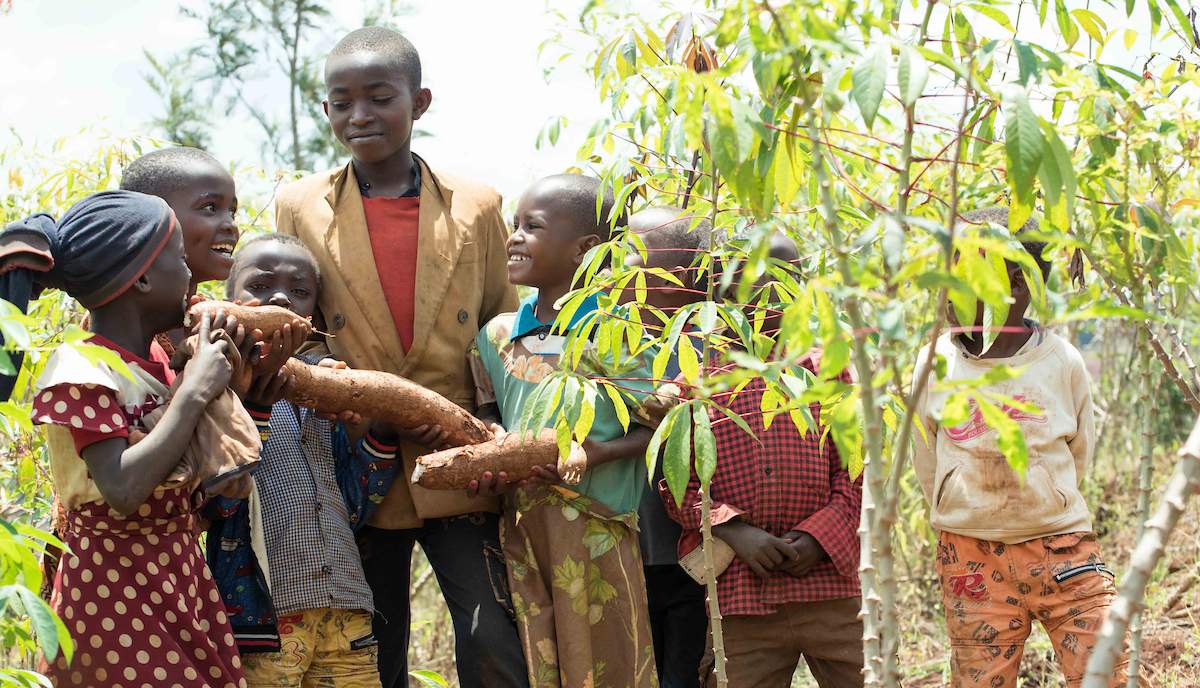Research Areas
Our scientists are plant biologists, computer scientists, engineers, and statisticians and educators who believe we can harness the power of plants to create a future where everyone has access to a nutritious diet and a clean environment. They are leading ground-breaking research in six major areas to make agriculture more resilient to a changing environment, more productive, and less demanding of precious natural resources. They seek to improve the human condition through plant science.
Crop Improvement
Plants are capable of incredible things. By harnessing the power of genetics and a better understanding of plant growth and development in different environments, we can make agriculture crops more sustainable while also producing more food for our growing planet. Our scientists are using cutting-edge technologies, collaborating with partner organizations, and conducting field trials to improve food security here and abroad.
- Doug Allen
- Rebecca Bart
- Ivan Baxter
- Andrea Eveland
- Malia Gehan
- Toby Kellogg
- Donald MacKenzie
- Blake Meyers
- Allison Miller
- Dmitri Nusinow
- Dilip Shah
- Nigel Taylor
- Chris Topp
- Jim Umen
- Veena Veena
- Sam Wang
- Bing Yang
- Ru Zhang
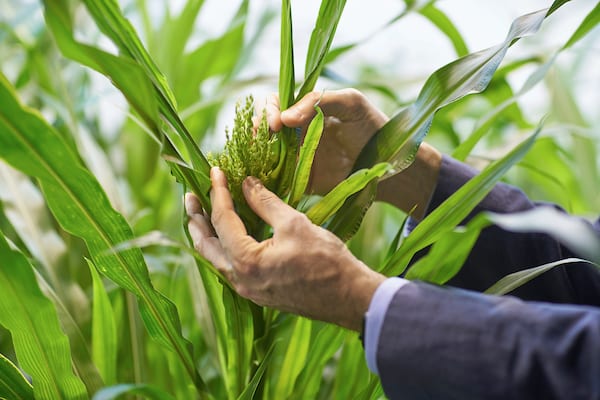
Sustainable Bioenergy
Plants are a renewable energy source that can lower our dependence on fossil fuels. Our scientists study plants like sorghum, camelina and algae to discover new ways to use plants as sources of sustainable bioenergy.
- Doug Allen
- Ivan Baxter
- Andrea Eveland
- Noah Fahlgren
- Malia Gehan
- Toni Kutchan
- Dmitri Nusinow
- Jim Umen
- Sam Wang
- Ru Zhang

Metabolic Systems and Synthetic Biology
Through metabolic systems and synthetic biology research, our scientists are creating a deeper understanding of plants. They’re combining engineering principles with plant biology to improve crops on which we depend. By understanding how plants work, our scientists can make crops more productive while lowering agriculture’s environmental footprint.
- Doug Allen
- Ivan Baxter
- Kirk Czymmek
- Andrea Eveland
- Toni Kutchan
- Blake Meyers
- Dmitri Nusinow
- Keith Slotkin
- Jim Umen
- Sam Wang
- Bing Yang
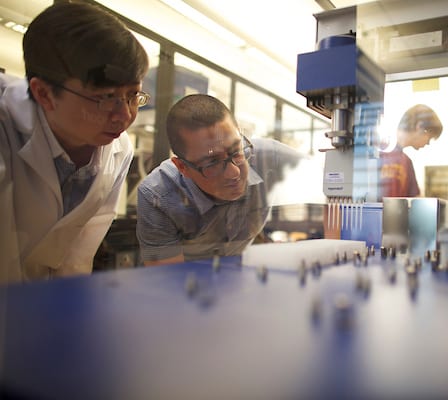
Biotic and Abiotic Interactions
Biotic factors are the living parts of an environment, and include plants, animals and disease-causing microorganisms. Abiotic factors are the non-living influences, such as temperature and moisture, in the environment. By understanding how biotic and abiotic factors affect plant growth and performance, we can breed for desirable traits like disease-resistance or increased drought tolerance.
- Doug Allen
- Rebecca Bart
- Ivan Baxter
- Jim Carrington
- Kirk Czymmek
- Andrea Eveland
- Noah Fahlgren
- Malia Gehan
- Donald MacKenzie
- Blake Meyers
- Allison Miller
- Dmitri Nusinow
- Sona Pandey
- Dilip Shah
- Keith Slotkin
- Chris Topp
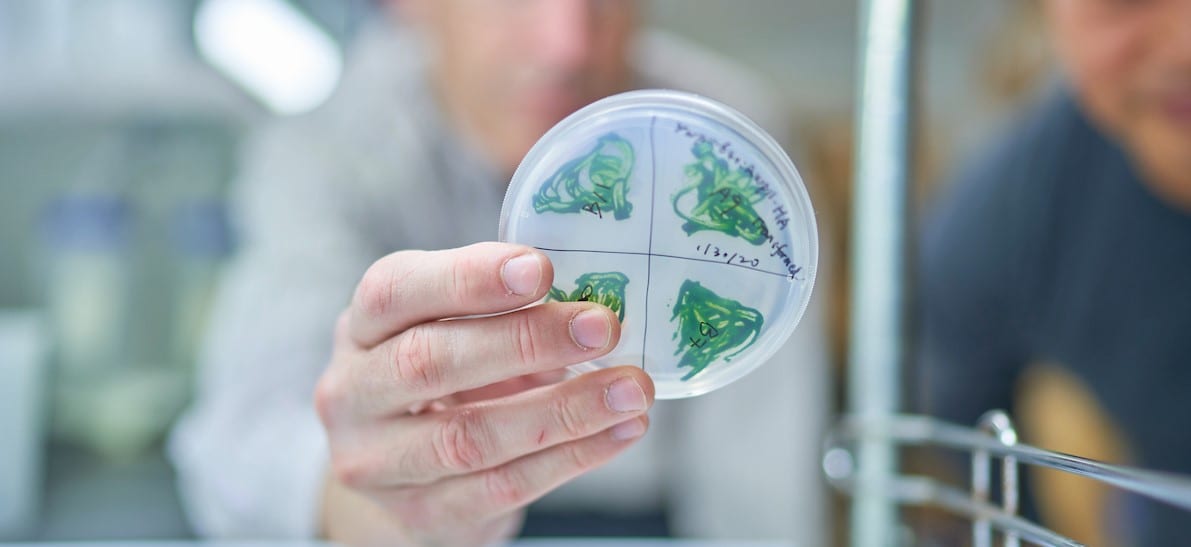
Genomics, Phenomics and Data Science
Our scientists with expertise in genomics focus on the structure, function, evolution of genomes and the factors that affect genome regulation. Our research in phenomics seeks to identify the genetic underpinnings of plant properties, such as size, shape, nutrient composition and other important traits. This research builds our foundational understanding of plants and the way they work, ultimately allowing for more rapid, precise, and economical improvements. Our scientists also apply mathematics, statistics and data science to help understand, analyze, and interpret the vast amount of genetic and phenomic data.
- Rebecca Bart
- Ivan Baxter
- Jim Carrington
- Kirk Czymmek
- Andrea Eveland
- Noah Fahlgren
- Malia Gehan
- Toby Kellogg
- Toni Kutchan
- Donald MacKenzie
- Blake Meyers
- Allison Miller
- Sona Pandey
- Keith Slotkin
- Chris Topp
- Jim Umen
- Sam Wang
- Bing Yang
- Ru Zhang
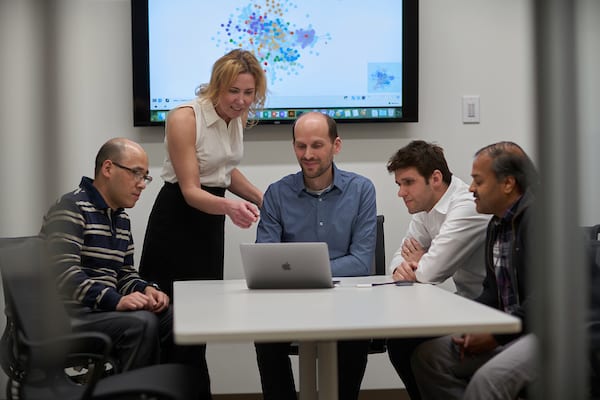
Education Research
By understanding how students learn, we can better equip children to grasp critical scientific concepts and prepare them for STEM careers. Our educators and researchers utilize a variety of programs to enhance science education while also conducting education research. These programs break down barriers to accessing science education and train education professionals.
- Kris Callis-Duehl
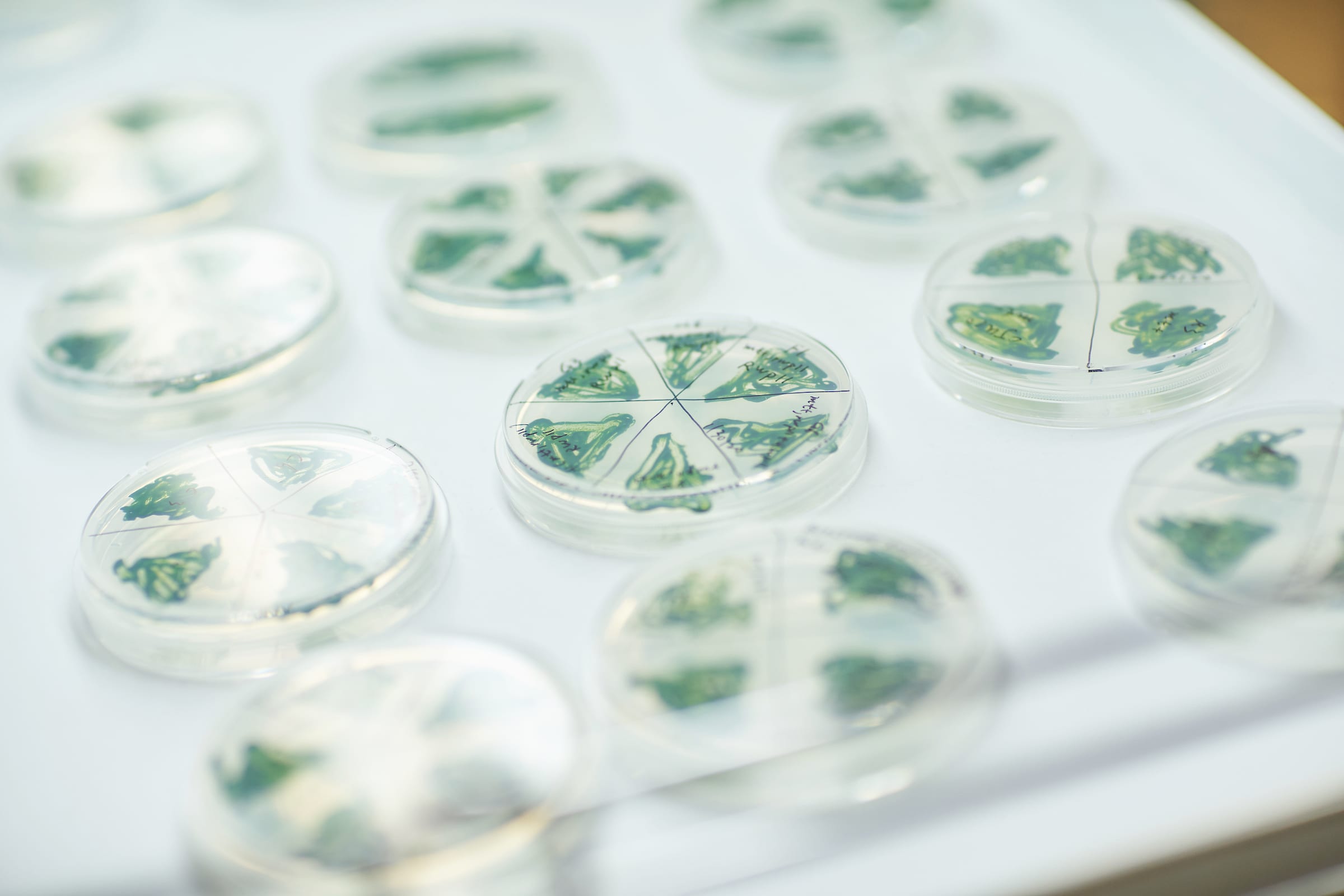
Enterprise Institute for Renewable Fuels
